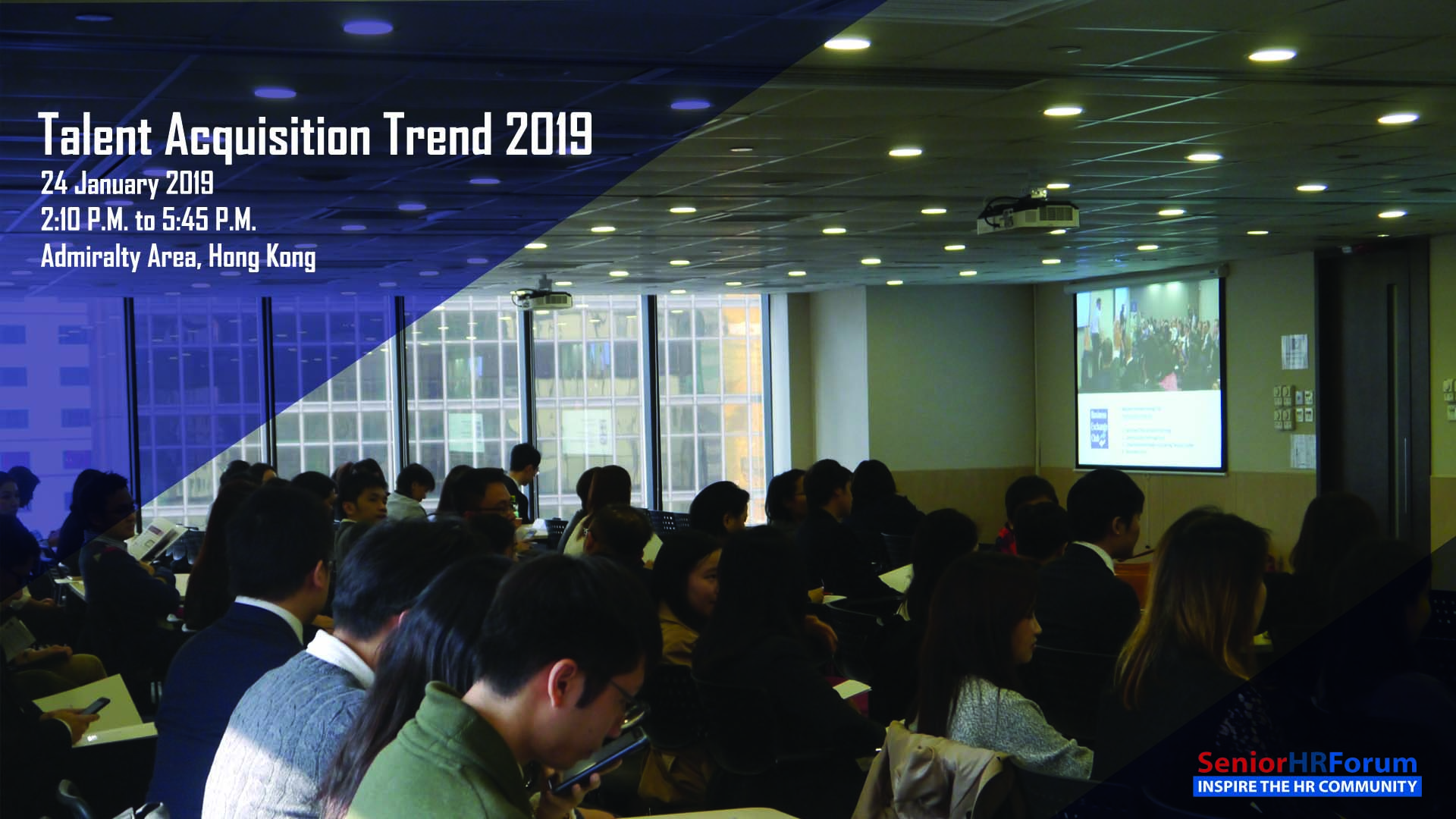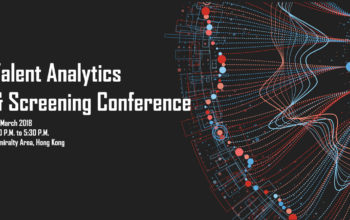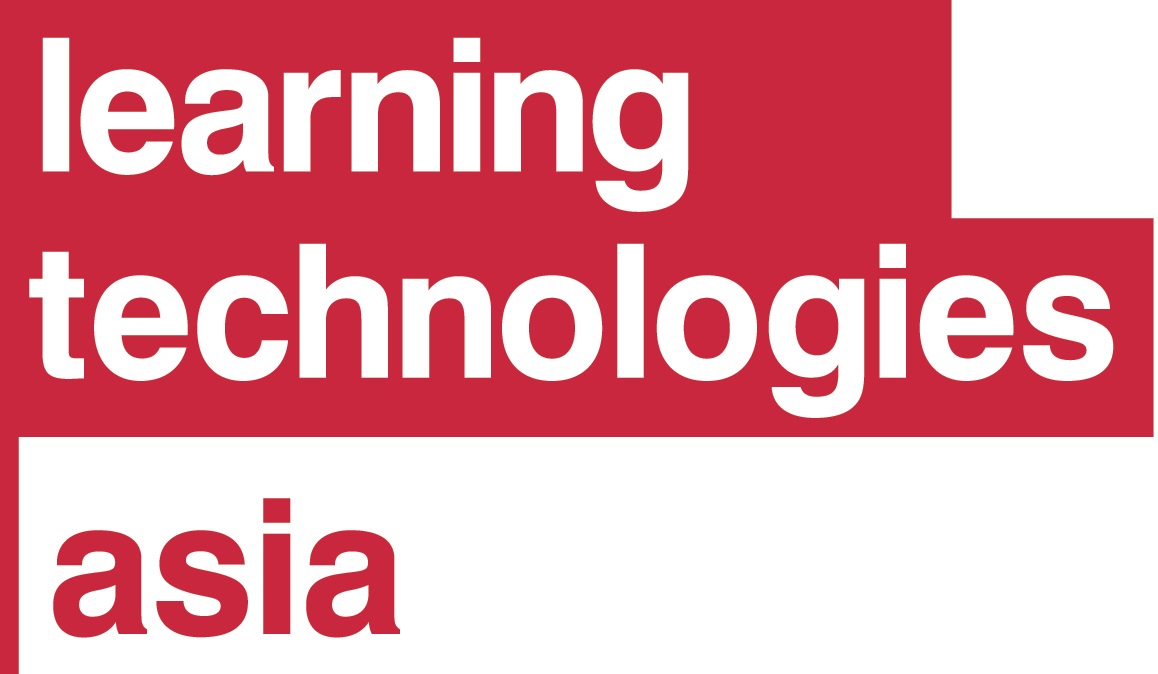The Asia Pacific Talent Mobility Conference was held on 24-25 October 2013 by PEO Group. The event provided an opportunity for sharing among HR practitioners from Hong Kong and China but also show casing the quality of the HR leadership resources in this region through both the conference organizers – PEO – and the presenters.
Day 1:
The key themes of the conference were sharing of inspiring and innovative strategies and initiatives to attract, retain, develop and measure talent as essential to competing in a highly competitive talent recruitment environment.
The lead off speaker Travis Barton, Principal and Business Leader for Talent Consulting with Mercer Hong Kong spoke on Leadership and Mobility and highlighted three main competencies of a successful global leader:
Baseline Attributes
1. Catalytic Learning Capability
2. Sense of Adventure
3. Entrepreneurial Spirit
4. Sensitivity and Responsiveness to Cultural Differences
Global Skills and Knowledge
1. Ability to Lead Multicultural Teams
2. Sophisticated Networking Competence
3. Cultural Literacy
4. Context-Specific Leadership Capabilities
Global Mindset
1. Comfort with Cultural complexity and its contradictions
2. Opportunity Sensing for the Uncertainty of Global Markets
3. Systems thinking in global contexts
4. Extended Time Perspective
To develop these competencies, a company can implement a variety of initiatives including high-potential global leader pools, stepping stone job assignments, host country mentors, education, 360 feedback and CEO Sponsorship.
Up next was David Gareth Thomas the Global Head Country HR and Group Head Employee Relations of Standard Chartered Bank who continued the theme of the “International Mindset.” David shared a framework on how to develop and retain talent with an acronym of KFCI – “Know me”, “Focus Me”, “Care About Me” and “Inspire Me.”
Andrew Ma, Executive Director of Chorev Consulting International who is very experienced in providing leadership development programs dispelled some myths that managers have about differences in generations in the workforce. Andrew quoted a survey conducted by IJMR that indicated that there are no significant differences in work attitude including motivation and engagement among Gen X and Y.
The main problem is that most managers do not use the most suitable leadership strategy for the each generation. The post 80 generation simply want more leadership and less management. To achieve this Andrew suggests that managers should lead like water by being more authentic, appreciative, flexible and understanding and keep a low power distance with their employees.
Yat Sui, – described by others as a “serial technology entrepreneur” – the Founder and CEO of Outblaze – a digital services company in gaming, cloud technology and smartphone/tablet software development – provided a real life example of working successfully with Generations X and Y. Yat Sui outlined the challenge for managing in HR and engaging younger generations virtually with Facebook, Twitter and other existing and emerging social media if you want to successfully reach out to the talent you need.
Richard Wong, President of Elegere Enterprise – an e-tailing women’s fashion accessories enterprise – has previously honed his human capital management expertise in Asia and North America playing vital roles in guiding business teams through transformative change. While his presentation focused on “Using CSR to Build a Strong Employer Brand,” a key theme of Wong was simple: “No heartshare, no mindshare.” Flextronics was presented as a case study integrating CSR into employer brand building. A high light for this region was the FlexFoundation funding of initiatives in support of migrant talent and their families in China. Overall results show that Flextronics has been recognized by Fortune and other entities as a global leader and a “Most Admired Company.”
Day 1 ended with a stimulating Team Building Session Talent Game led by Team Building Asia which provided interesting insights into team work and building harmonious teams.



